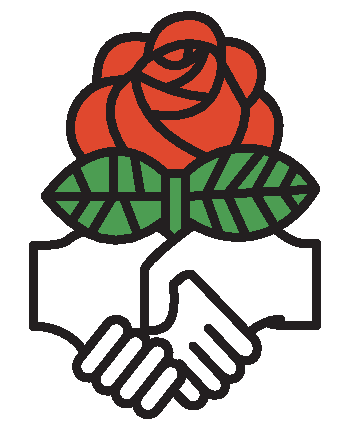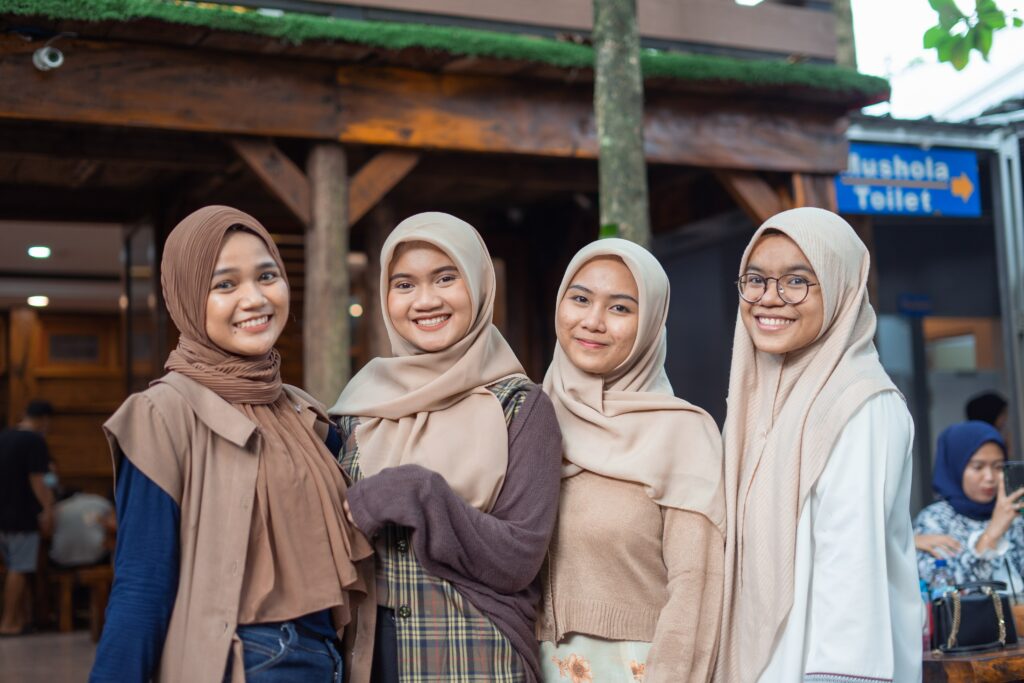Beyond Beijing – New Challenges
XVI Conference, New York, United Nations, 6-7 September 1996
Resolution
Socialist International Women has undertaken almost a century of activity during which, with other women’s movements, it has spearheaded the struggle for the advancement of women and the progress of society. Wide and different steps have been taken since then, moving away from the emancipatory view of the beginning of the century.
SIW’s first efforts were centred on gaining rights for women that men had already won, in particular the right to vote; then its activity enlarged to cover a wide range of topics, from reduction of working hours and working days to maternity leave and childcare facilities, from campaigns against violence or in favour of disarmament to requests for social recognition of private rights.
The claims of the affirmative action of the 1980s mark the move from a culture of parity characterised by protective rules to a more advanced culture based on a strategy of equal opportunities in all fields, with special attention to equal access to all economic and political opportunities.
At the beginning of the third millennium new challenges are to be faced in a world still heavily characterised by rising disparities between nations and within nations, the most persistent of which being the disparity between genders; disparity which has been the origin of the violence and discrimination whose victims have been women.
The new challenge for us is that of a global civil society, the democratic development of which comes from a new awareness that this society is composed of women and men who are equal and yet different. SIW recognises cultural diversity as a resource to be respected, but it must in no way be used as a pretext for discrimination against women and girls.
The Fourth World Conference on Women held last September in Beijing and the contemporaneous Forum of NGOs in Huairou represent a milestone in this challenge. SIW expects the series of UN Women’s Conferences to continue and expects the UN General Assembly to decide where the UN Women’s Conference in the year 2000 will take place. The Beijing Declaration and Platform of Action mark a shift of extraordinary innovation and relevance in affirming that:
- gender diversity is a resource which has to be recognised as a base on which to start building people-centred development;
- the empowerment and autonomy of women is essential for the achievement of both transparent and accountable government and administration;
- the women’s perspective has to be incorporated at all levels of decision-making, providing new perspectives on mainstream political issues.
In redefining our paradigm of socialist women for the third millennium, these three principles will constitute our foundation.

